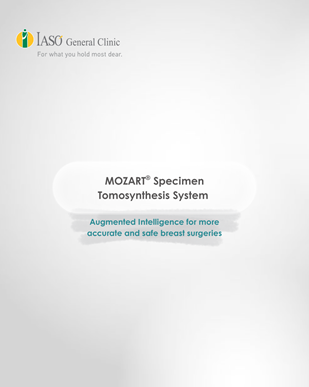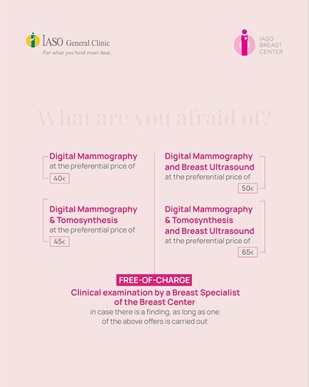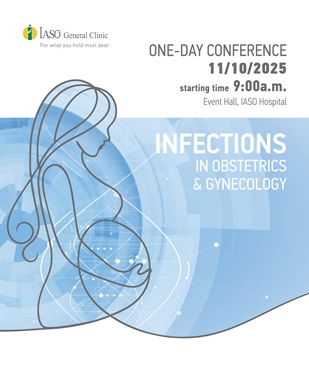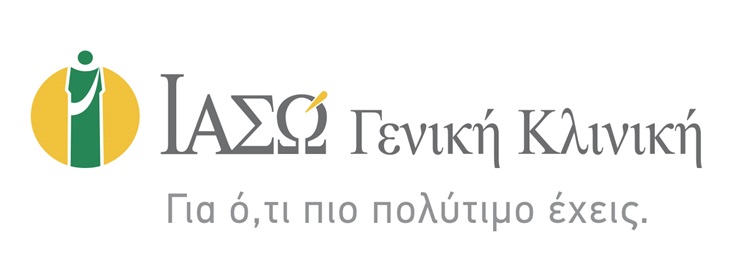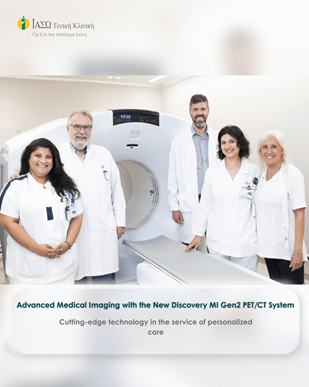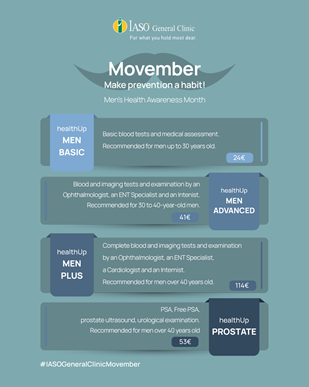
Headache Treatment Department
Outpatient Department
Primary headaches are one of the most frequent problems for which patients consult Neurologists. We are referring to types of headaches (usually episodic) where no structural, vascular or other type of impairment has been found to cause the headache. The most common types of primary headaches are migraines, tension-type headaches and cluster headaches. Their total annual incidence in the Greek population exceeds 29%.
Although they are not dangerous for patients' lives, if not treated with appropriate medication, they can significantly reduce patients’ functionality, with heavy effects on their professional and personal lives and lead to the abuse of analgesics, with additional long-term effects on their health.
The frequency, intensity and additional symptoms that may accompany each headache attack (nausea, visual disturbances, vomiting, etc.) differ significantly from one person to another and many times there may be also a difference between each headache attack in the same person. There are patients who suffer almost on a daily basis and then we have to deal with more drug-resistant and established chronic conditions (chronic primary headaches).
The purpose of the visit to the Headache Treatment Department is to initially investigate whether the patient really suffers from a primary headache and which type of headache. A detailed medical history is taken, a full neurological examination is performed and, if necessary, more specialized tests (laboratory and/or imaging) are requested and specific pain scales are completed (MIDAS, HIT-6). It is also recommended for the patient to keep a special headache diary, so that there is an evaluation of the development and progress of the treatment.
The treatment of the headache must be holistic, on the one hand with medication and on the other hand with changes in daily habits, such as sleep, diet, physical exercise and mental relaxation.
The medication therapy can be:
- Symptomatic special treatment to relieve the attack’s symptoms
- Daily prophylactic treatment, regardless of the attacks, in order to significantly reduce the attacks’ frequency and intensity.
At present, it is important that we are able to administer very effective medicines with minimal side effects (monoclonal antibodies) with 1 subcutaneous injection per month, for the treatment of chronic headaches. Moreover, we have some other options depending on the case, the use of medical devices, injectable treatment every 3 months, Botox injections, as well as the occipital nerve block, via injection.
The Outpatient Headache Treatment Department of IASO General Clinic, based in Athens, operates by making a phone appointment.
Contact numbers:
Operating hours:
- By appointment





